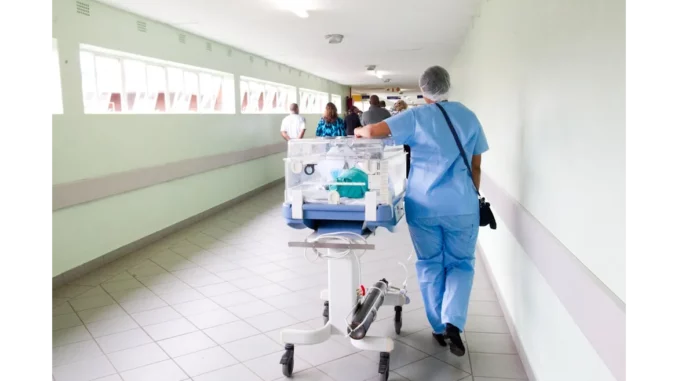
Botswana is poised at a pivotal moment in its ongoing battle against HIV and tuberculosis (TB), two formidable public health challenges. The nation’s approach to tackling these diseases has been commendable thus far, but to guarantee enduring success, there is an urgent requirement to bolster its national health data systems. To this end, the Centres for Disease Control and Prevention (CDC), through its Global Health Center (GHC), has introduced a funding initiative aimed at fortifying Botswana’s health data infrastructure. This initiative transcends mere data enhancement; it is an empowering step for Botswana to take control of its health destiny through advanced surveillance, digital health, and data analytics.
The significance of robust health data systems in shaping effective public health strategies cannot be overstated. Such systems provide the critical intelligence needed for informed decision-making, monitoring disease patterns, and assessing the efficacy of health interventions. For Botswana, reinforcing these systems translates to improved management of HIV/TB and other associated public health threats. The CDC-GHC funding opportunity is meticulously designed to support the Government of Botswana (GOB) in elevating health facility, district, and national data frameworks. This will be achieved by concentrating on data governance and policies, bolstering capacity for data management, and enhancing system functionality, interoperability, availability, quality, and utilisation of data.
Achieving these ambitious goals necessitates a series of strategic activities. First, there is a focus on fortifying Monitoring and Evaluation (M&E) capacities within the GOB. This involves enhancing data availability, reporting, quality, analytics, interpretation, and usage across all levels—facility, district, and national. By doing so, data-driven decisions will become the norm, fostering better health outcomes. Secondly, improving health informatics functionality is paramount. This entails enhancing data security, infrastructure, and the exchange of health data across various systems. Such improvements will not only lead to enhanced patient outcomes but also inform sound health policy and programming. Additionally, strengthening the GOB’s capacity for surveillance activities is crucial. This encompasses clinical, population-level, and key population surveillance efforts, which are instrumental in preventing, responding to, and controlling HIV/TB and related public health threats in line with the International Health Regulation (IHR) 2005 framework.
Collaboration emerges as a cornerstone of this initiative. The CDC-GHC anticipates that applicants will engage with relevant stakeholders to aid the GOB in ensuring that comprehensive, quality HIV-related health data systems operate efficiently. This collaborative effort spans facility, district, and national levels, aiming to reinforce monitoring and evaluation capacities, enhance health informatics functionality, and bolster surveillance activities. The funding opportunity is inclusive, welcoming a diverse array of applicants, including state and county governments, city or township governments, special district governments, independent school districts, and various nonprofit and for-profit organisations. With an anticipated total fiscal year funding amount of $4,000,000 for Year 1, subject to fund availability, this financial support will be instrumental in propelling the strategic activities forward, ensuring that Botswana’s health data systems are not only strengthened but also sustainable and government-led.
As Botswana embarks on this transformative journey, the CDC-GHC’s initiative to enhance its national health data systems represents a major leap towards a sustainable and government-led response to HIV/TB and related public health challenges. By prioritising data governance, capacity building, and system functionality, this initiative seeks to empower Botswana to seize control of its health future. Through strategic collaboration and concerted activities, Botswana can significantly enhance its health data systems, leading to improved health outcomes and a more resilient public health response. As the nation progresses towards a sustainable, government-led health system, the critical role of robust health data systems becomes increasingly evident. They are the bedrock upon which a healthier Botswana will be constructed, promising a future where public health challenges are met with resilience and informed strategy.


Be the first to comment